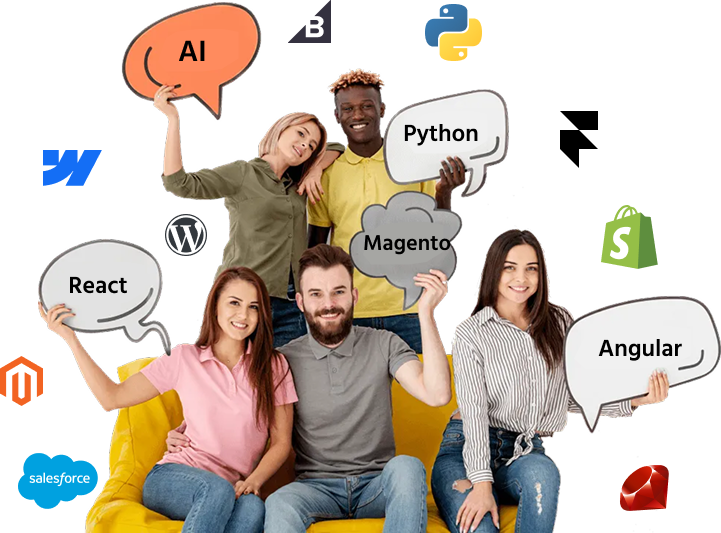
About Course
This 2-week hands-on course is designed for Python developers who want to master ERPNext development using the Frappe Framework. You’ll learn how to customize ERP modules, build your own apps, create reports, write server/client-side scripts, and deploy full ERPNext solutions. By the end of the program, you’ll have built a working mini-app, integrated REST APIs, and gained deep insight into how to extend ERPNext for real-world use cases.
Course Content
Day 1 – Introduction to ERPNext & Frappe Framework
-
00:30:00
-
00:30:00

